Theme

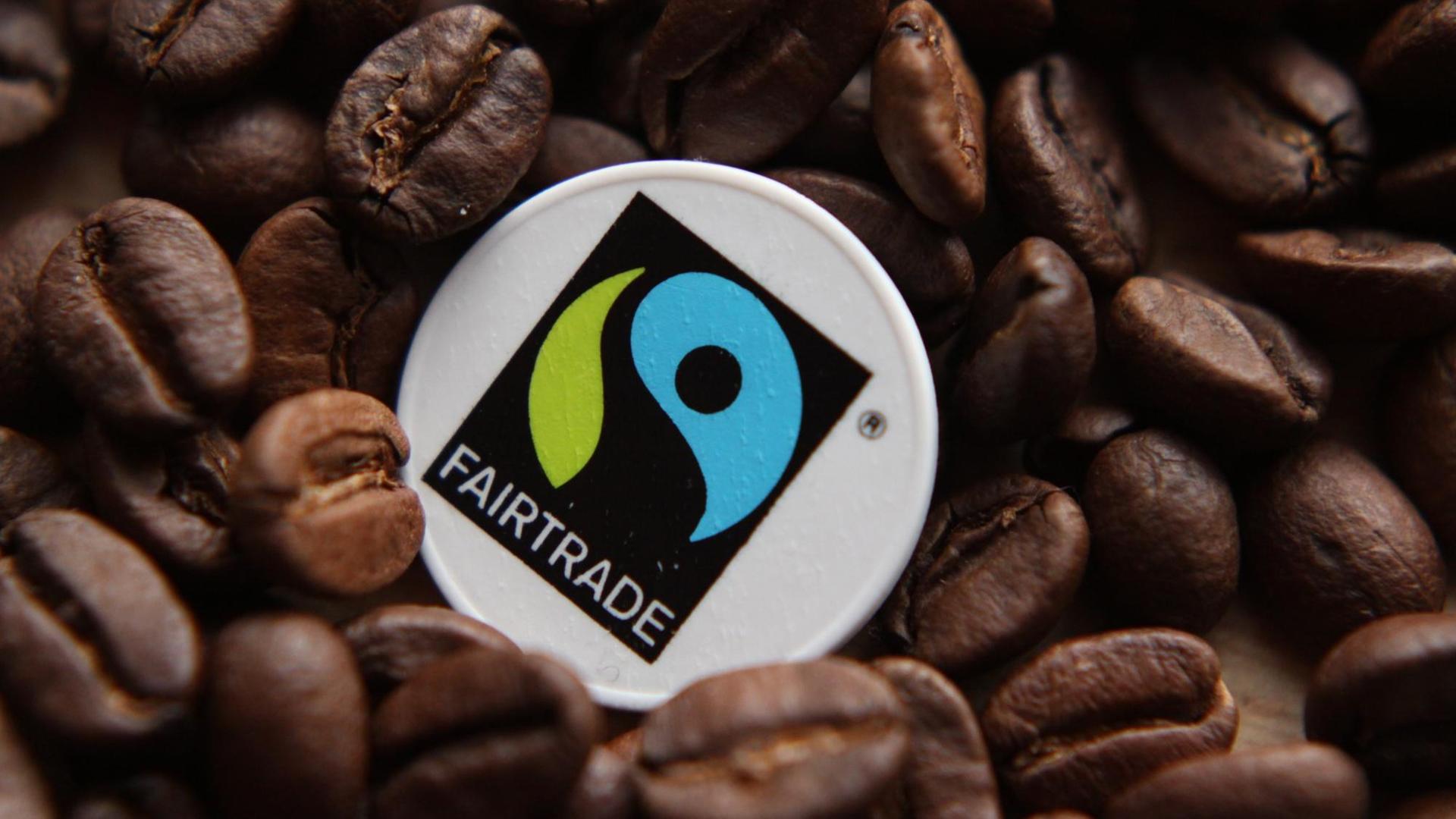
Where does our food come from?
Why are certain fruits grown in particular countries?
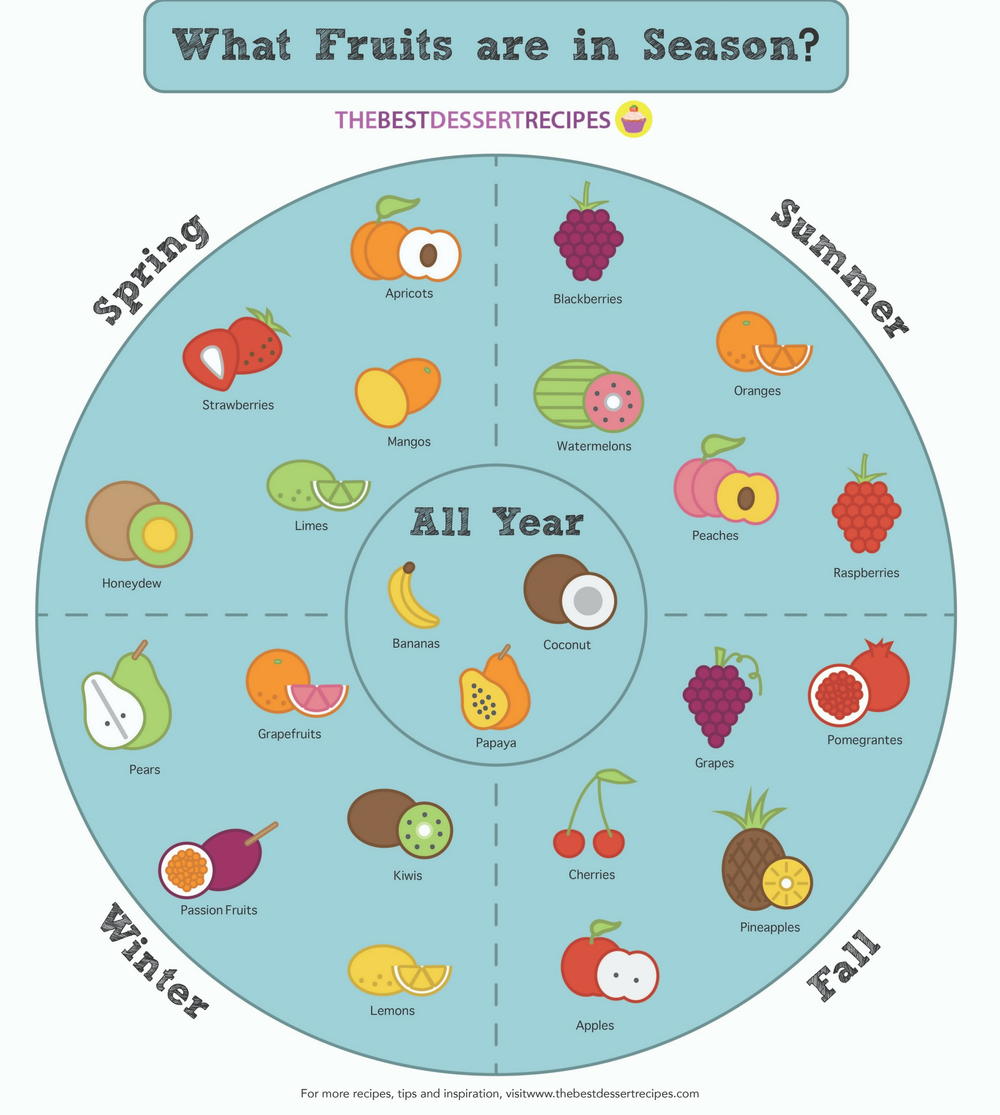


Thursday 17th October 2024
The children visited Clitheroe Castle as part of our Anglo-Saxon topics. The children immersed themselves in the role play of the three battles, constructing their own mottes and bailey and lastly looking at real replicas of weapons and armour used during the Anglo Era.
Take a look at how much fun they had...







Spring 2
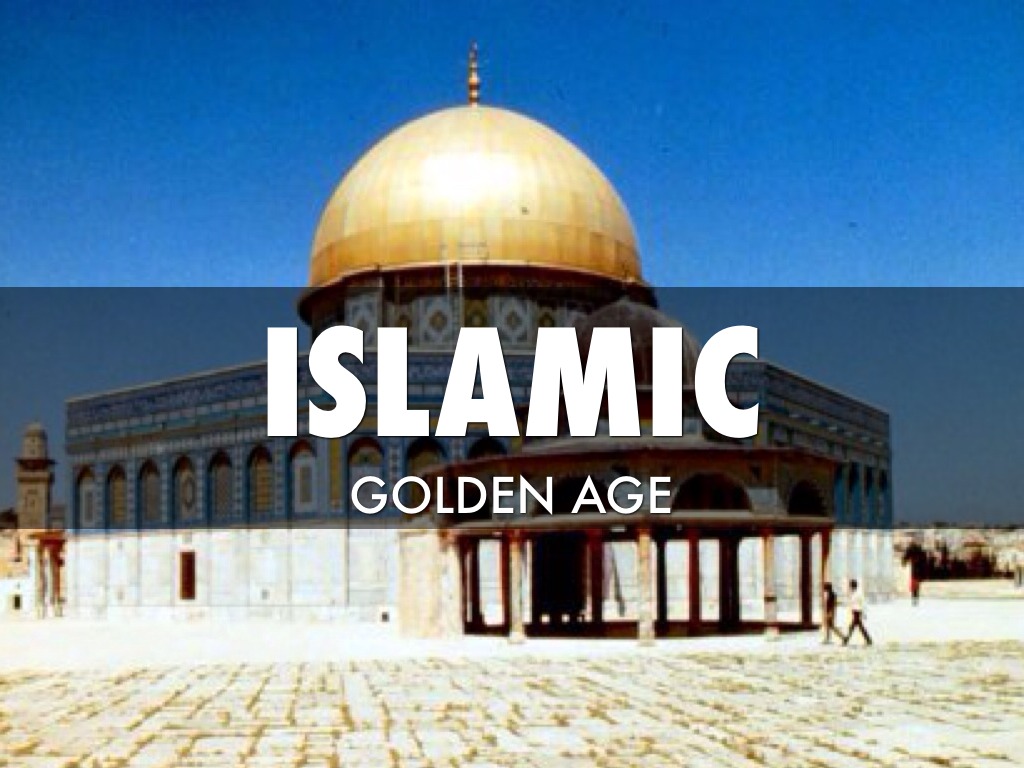
The Golden Age of Islam
This term, the children will be learning about Islamic Civilisation. They have been able to looking at different artifacts from the Early Islamic period.
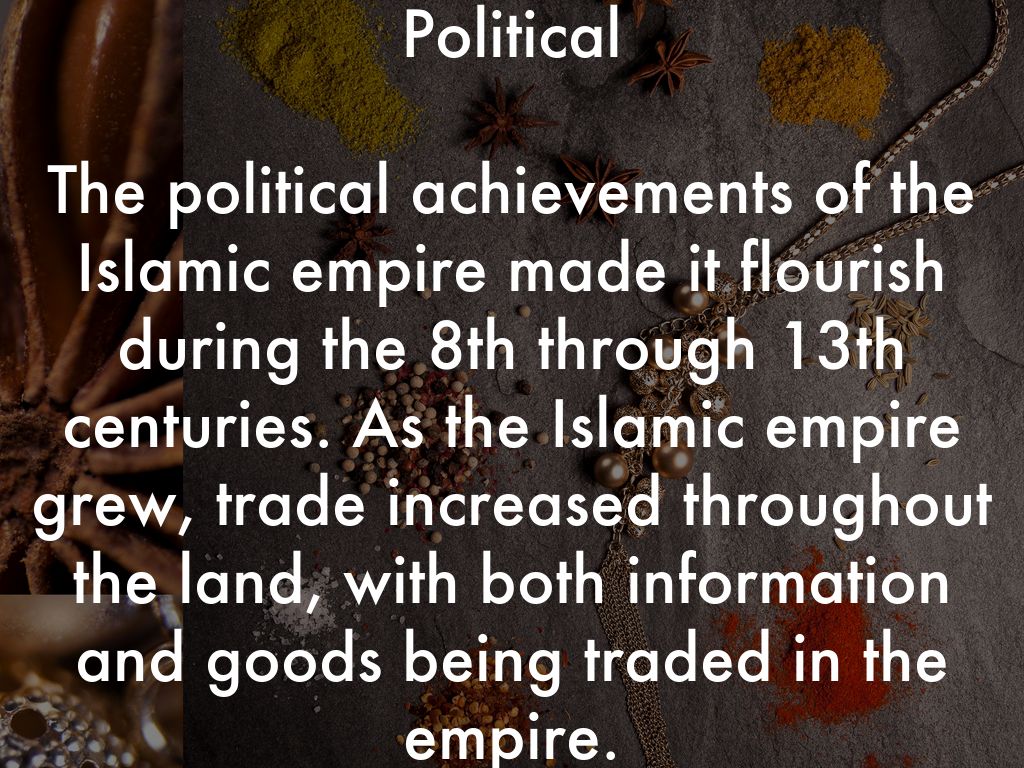



This term, the children have been learning all about Early Islamic Civilsation.
The children will be looking at the Islamic civilisation from CE 900 and work in groups to compare it to Western Europe using ancient and modern maps. They will do plenty of research the life of Prophet Muhammad ( PBUH), look at key events and explore reasons for the spread of Islam.
The Spread of Islam.

Just how amazing was everyday day life like for the rich in Islamic cities such as Baghdad and Cordoba?
Baghdad with its dazzling culture and its advanced ideas about science and medicine - thought to be the perfect city, but it was not the only Islamic city to impress visitors with is brilliance. There was also Cordoba in Spain.
This is the Corboda Mosque.
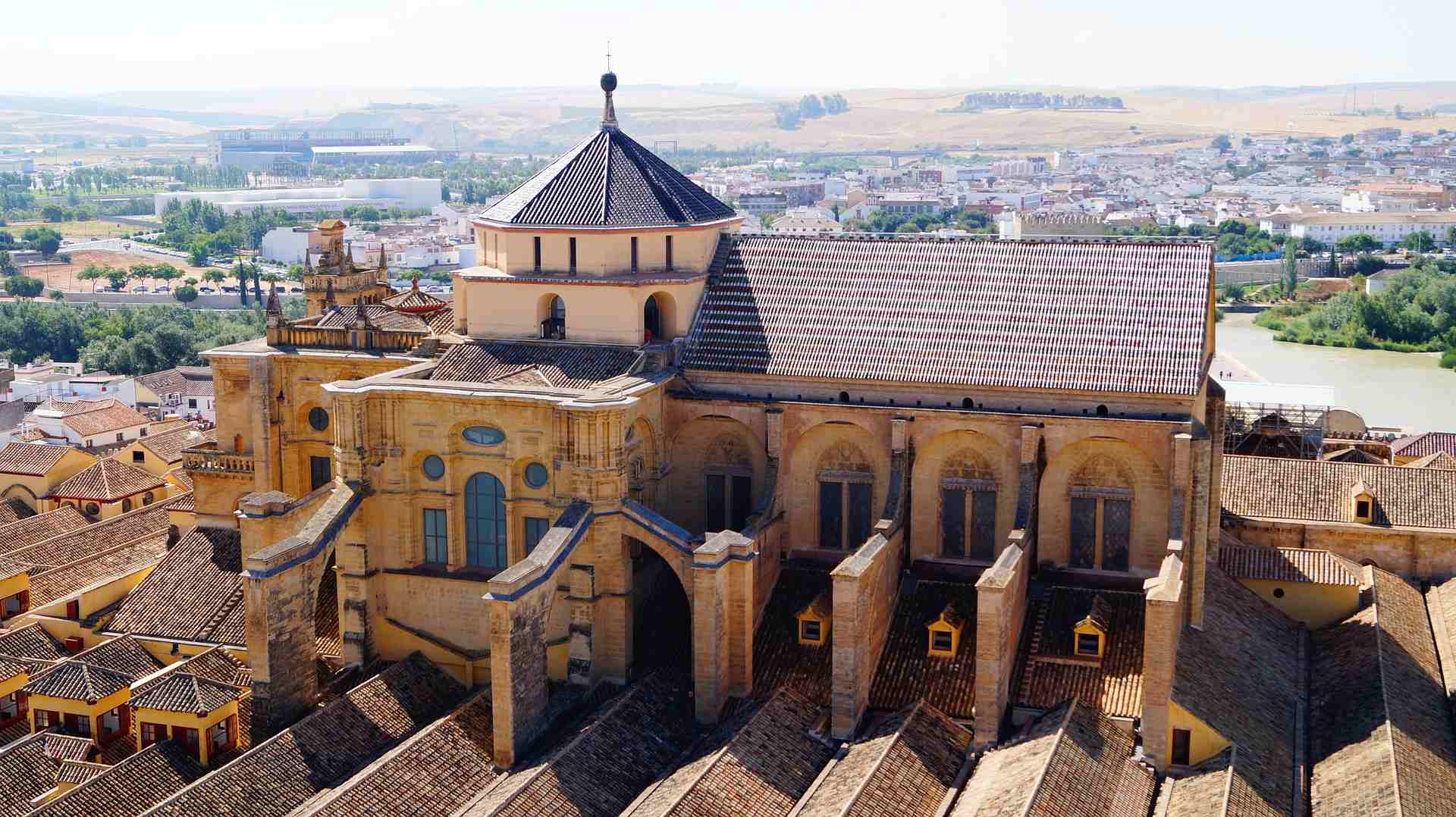
What do you think is special?
- It had over 1200 columns
- It could hold over 10,000 people
Corboda.
- Was bigger than Cairo in Egypt
- Richer than Rome.
- Over 80,000 shops.
- half a million inhabitants, living in 113,000 houses, (when London had just 10,000)
- 700 mosques and 300 public baths spread throughout the city and its twenty-one suburbs
- streets which were paved and even lit...
- had many bookshops and more than seventy libraries.
The streets of Corboda were:
- papermakers,
- glass makers,
- silkworm breeders,
- craftsmen working with wood, ivory, jade and leather and
- farmers bringing oranges, grapefruit, grapes and figs to market.
Leisure time for the rich.
Leisure time might also be spent listening to poets and story-tellers reciting their work. Lavish banquets gave rulers and courtiers an important opportunity to relax from the pressures of life. They played chess, watched snake charmers and visited barbers and masseurs.
The day to day life of a Muslim ruler was based around the court. Rulers spent much of their time receiving visitors and listening to their requests. Important meetings were held with those who helped run the government. Guests were often entertained with music. People sat on cushions on a rug on the floor, while listening to tales of Arabian Nights.
![IMG_7371[1].JPG](/uploads/378/images/IMG_7371[1].JPG)
![IMG_7373[1].JPG](/uploads/378/images/IMG_7373[1].JPG)
Summer 1


Look at the amazing footage of the rainforest.







They have also looked at where is Brazil and what does the country have similarities to England.


The Ancient Greeks
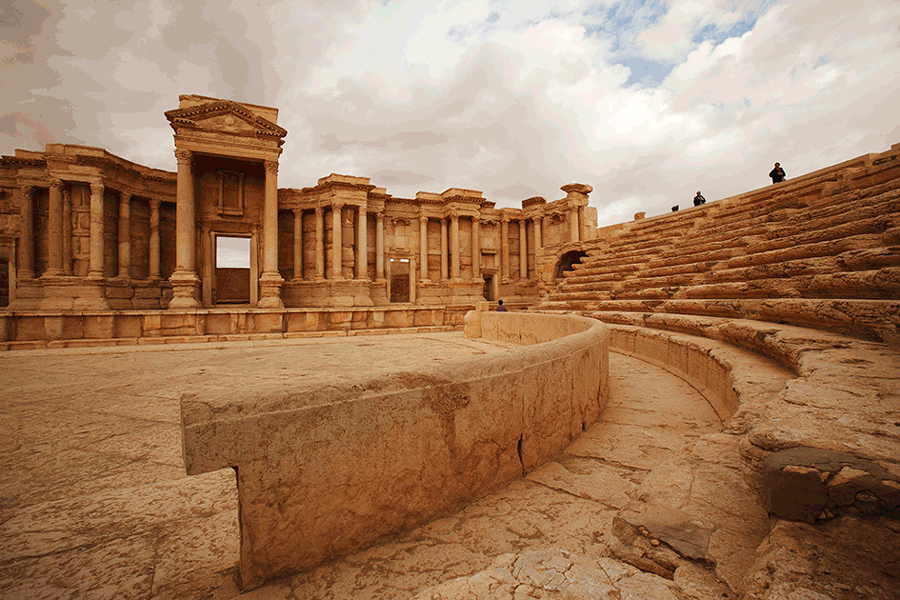
This week, the children are learning about the Greeks. The first Greeks, often called Mynians, were Indo-Europeans who probably migrated from regions just south of what is now Russia towards the end of the 4th millennium.
The first civilizations appeared in the Cyclades and then in Crete.
The 16th century BC saw the emergence of the Mycenaean civilization, named after the strongest state during this period: Mycenae.
During the 7th and 6th centuries BC, some Greek cities began to establish colonies and trading posts along the Mediterranean coastline, because they lacked sufficient arable land to feed their inhabitants and were keen to control maritime trade routes.
The principal areas were:
- Southern Italy and Sicily;
- The straits and coast of the Black Sea;
- The far western Mediterranean coast: Provence, Iberian peninsula, Corsica;
- And a few places on the African coast.
Athens or Sparta?
In ancient times the Greeks lived in city states. Each state had its own laws, government and money but they shared the same language and religion. The two most important city states were Athens and Sparta. We know much about Athens because it produced many writers and artists, whose work has survived to this day.
Click on the link below to further your knowledge.
Find out what Athens and Sparta were really like
Sparta's powerful army is ready for war. Athens knows that it cannot defeat this army ... but it has a Navy and Sparta does not. The year is 430 BC. Poliphus and his family from Athens and Sparcus and his family from Sparta are thinking about the future. They each have different points of view!!
 Reedley Primary School
Reedley Primary School



![IMG_7374[1].JPG](/uploads/378/images/IMG_7374[1].JPG)
![IMG_7370[1].JPG](/uploads/378/images/IMG_7370[1].JPG)